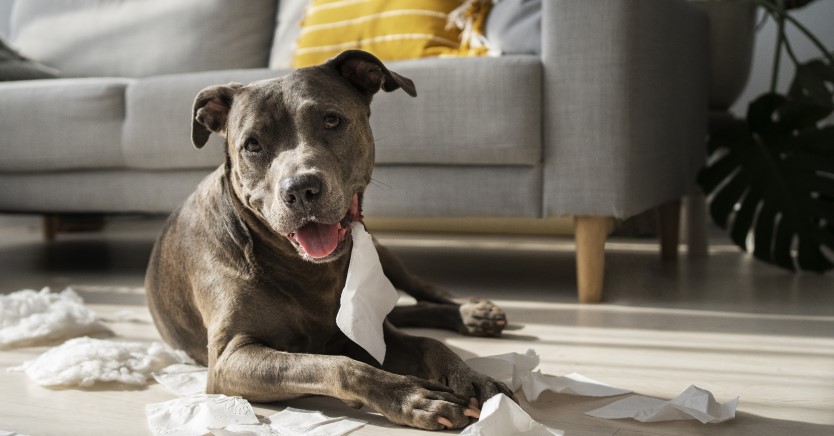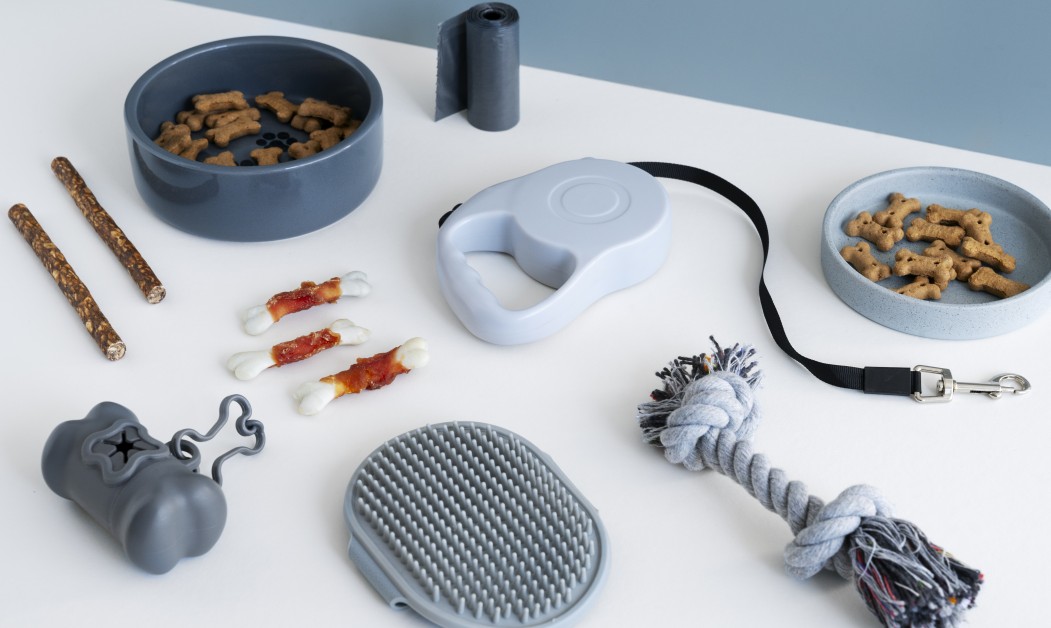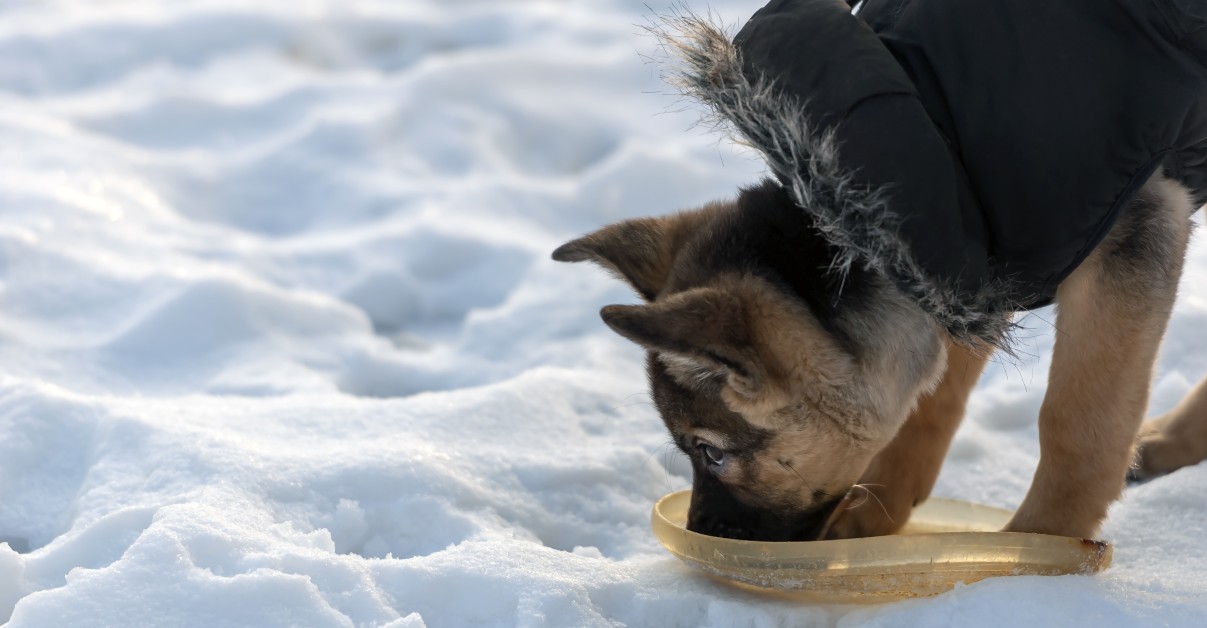Ask Dr. Jenn: Why is my dog sneezing so much? Does it mean he's sick?
I've noticed my dog is sneezing a lot more than normal. Why is he sneezing so much? Should I be worried?

Sneezing is the body’s way of expelling irritants from the nose. This could be viral particles, foreign material, tumors, dust, or a plethora of other things. It doesn’t always mean your pet is sick, but it can be a sign of a bigger problem.
Dogs may sneeze for some of the same reasons people sneeze. They may have inhaled dust or a fragrance in the air that irritated their nose. If your dog is otherwise healthy and sneezing a few times a day, look for sources around your house, such as a cleaning product, an air freshener, or dusty litter from the cat’s litter box. Cigarette smoke can also trigger sneezing. Avoid smoking around your pet, especially in confined spaces such as a car or a small room.
Sneezing can also be a sign of an upper respiratory tract infection and is often accompanied by clear nasal discharge on both sides. Your dog may also be more lethargic and have a decrease in appetite. Upper respiratory tract infections often run their course and resolve without treatment, similar to when we get sick with a common cold. However, some viruses can start as mild and progress to serious illnesses including pneumonia. It is important to watch your dog closely and contact your veterinarian if your dog’s condition worsens.
Many dogs explore their world through their nose. They are constantly smelling everything and can inhale foreign material such as a blade of grass, a seed, or even a pebble. If your dog constantly has his nose on the ground and very suddenly starts sneezing multiple times, he may have foreign material in his nose. Your veterinarian can help with this – a little sedation, a light, and special surgical forceps can solve the problem.
Severe dental disease can be another cause of sneezing. The tooth roots for the upper teeth are just millimeters away from the nasal passages. An infection in a tooth root can spread through the bone into the upper airways leading to sneezing. In some cases, an oral-nasal fistula may form. This is a tunnel that leads from the mouth directly into the nasal passages that can occur around the upper canines. Food, bacteria, and anything else in the mouth can travel up this tunnel and irritate the nasal passages leading to sneezing. These dogs usually are not sick, but you can smell their horrendous breath from the other side of the room. Dental disease can occur in any dog, but more severe periodontal disease is often seen in middle-aged to senior small dogs, such as Yorkshire terriers, Dachshunds, Maltese dogs, and poodles.
A bloody nose may trigger sneezing. Causes of epistaxis (bloody nose) in dogs include high blood pressure, the blood not being able to clot, fungal infections, tumors, or foreign material. If your dog is sneezing blood or has a bloody nose, it is important to have your veterinarian look for the underlying cause.
Any kind of obstruction in the nasal passage can cause a dog to sneeze. This includes tumors or fungal plaques In addition to sneezing, you will likely see nasal discharge, either thick and yellow or blood-tinged. Most of the time, only one nasal passage is affected and only one nostril will have discharge. You may also notice that one side of the nose looks different. A tumor may grow outward causing a deformity on one side of the face. Fungal infections have the opposite effect. The fungus can eat away at the bone causing a caved-in appearance on one side.
Dogs sneeze for many reasons and it doesn’t always mean your dog is sick. Pay attention and look for other symptoms. Is your dog eating? How is his energy level? Does he have nasal discharge? If you are seeing changes in his overall health, you should make an appointment with your veterinarian.
Ready to start saving money on pet wellness care?
Then take a look at Mint Wellness, the pet wellness plan that provides fast reimbursement on routine pet care. Save on vaccinations, wellness exams, preventatives, dental, and more!
Learn More


